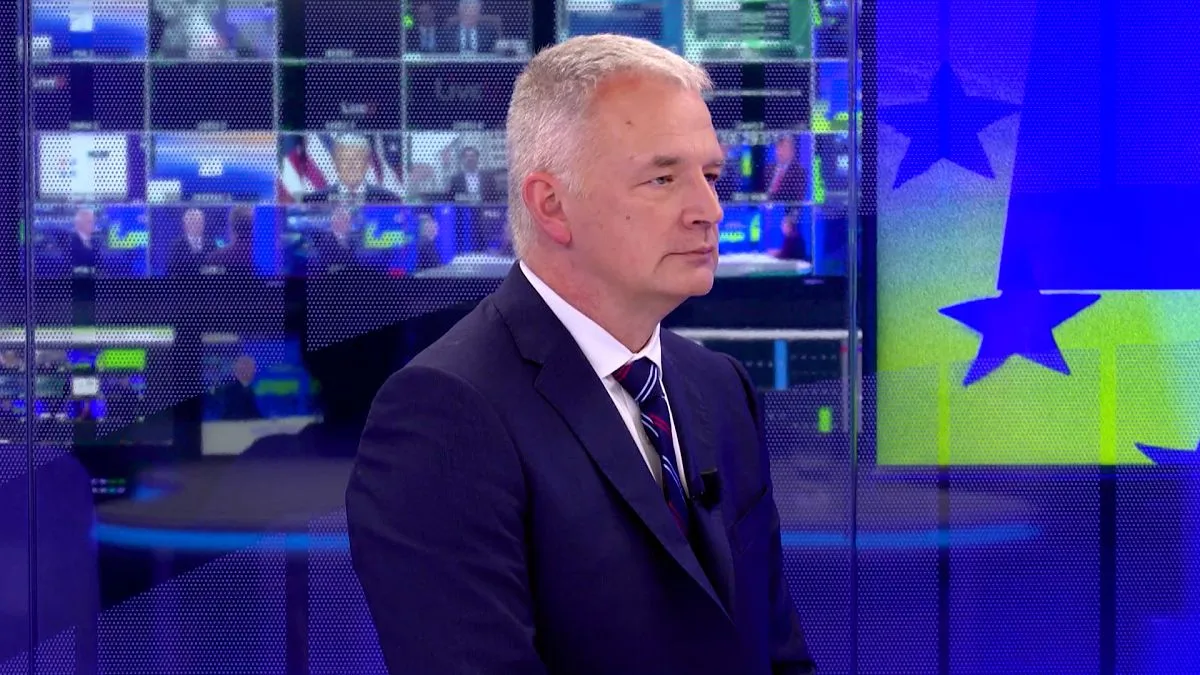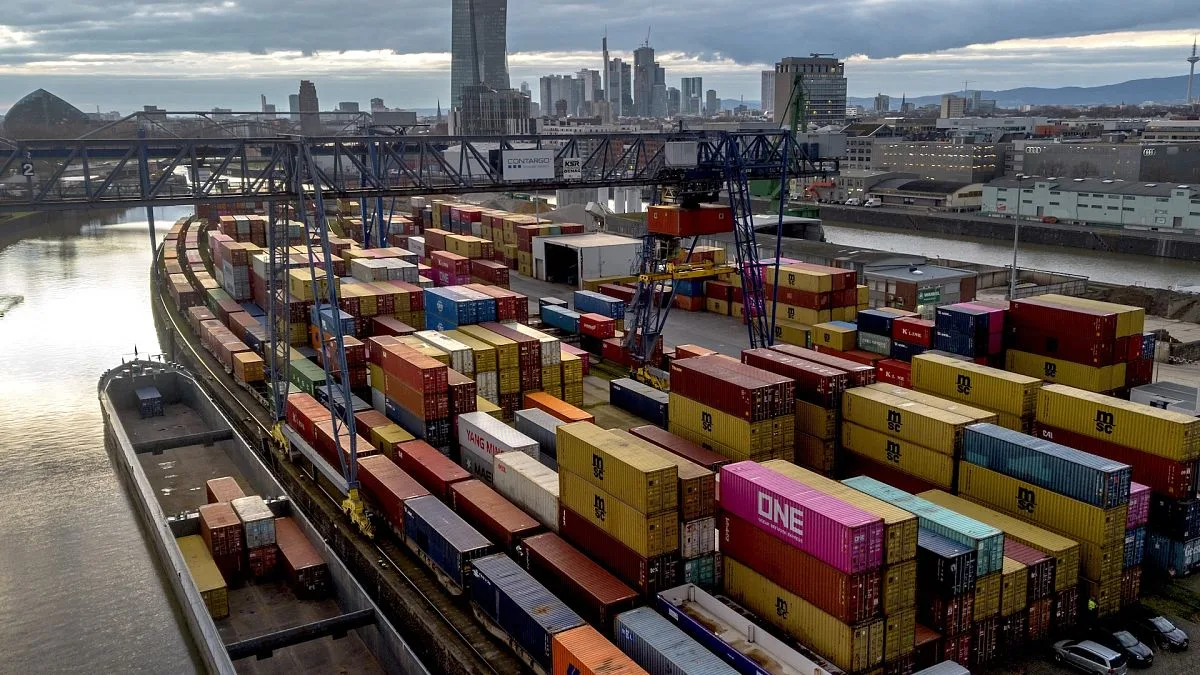In a compelling interview with Euronews from Brussels, Scott Anderson, the director of UNRWA in Gaza, painted a stark portrait of the escalating crisis in the Palestinian territory, which is experiencing severe food shortages. He warned that without immediate intervention, Gaza could face a catastrophic man-made famine.
“For the people in the Gaza Strip, this is a humanitarian disaster that could easily worsen,” Anderson remarked during his discussion with Euronews political editor, Stefan Grobe. “There is no place safe from danger in Gaza,” he emphasized, drawing attention to the dire circumstances even within designated safe zones.
With over a year having passed since the onset of the conflict between Israel and Hamas, a resolution appears elusive. “We haven’t been able to deliver food to affected communities in the north for over a month,” Anderson stated. He cautioned, “If we do not act quickly, we could face a full-blown famine—one that is man-made and entirely preventable if we can mobilize sufficient aid.”
Concerns Over UNRWA’s Credibility Persist
During the interview, Anderson also addressed allegations from Israel that UNRWA facilities were being utilized as shelters for Hamas militants, storage for weapons, and administrative hubs for the organization.
Although UNRWA has taken steps to eliminate any association with Hamas among its workforce, Anderson acknowledged that he could not assure the public that this effort was entirely complete. “We have over 13,000 employees, and we take our commitment to neutrality very seriously,” he explained. However, he added, “I cannot confidently state that the process is fully finished, nor can I claim that further issues do not exist. If any evidence arose, we would take immediate action, but at this moment, we cannot definitively assert that.”
Anderson further commented on Israel’s latest moves to prohibit UNRWA’s operations in the region. “If we cannot function and continue to deliver essential aid, all assistance would abruptly cease, potentially leading to catastrophic consequences for the local population,” he warned.
Discover more insights in the video!
Photo credit & article inspired by: Euronews



